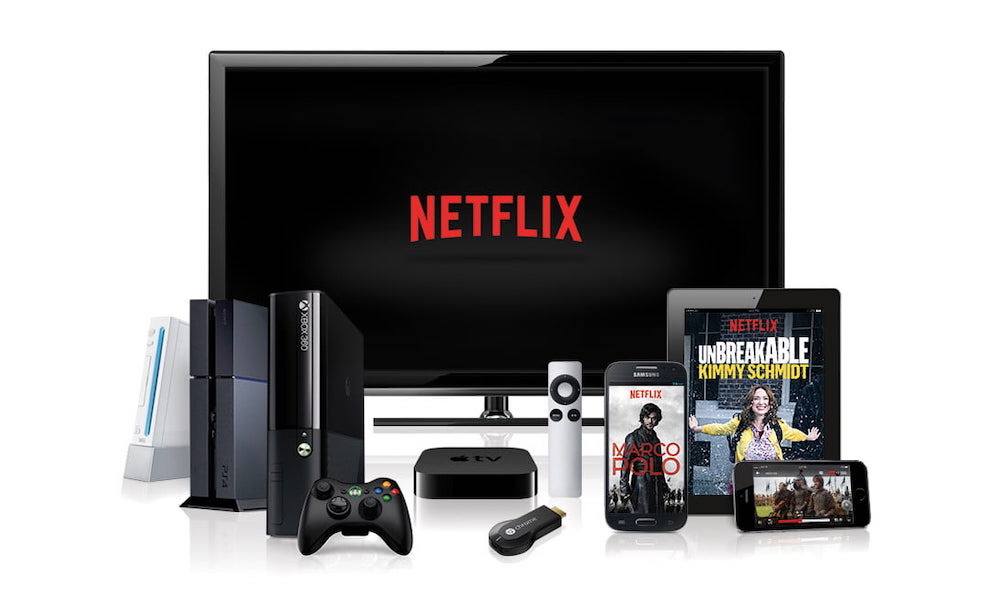Netflix is complying with a European Union request to lower video streaming quality in an effort to ease the strain on networks on the continent.
The global COVID-19 pandemic is having an impact across the technology industry. For streaming services specifically, social distancing and lockdown measures are significantly increasing the number of people using their services at home, simultaneously.
To help mitigate potential slowdowns, Netflix on Thursday announced that it would cut its video streaming bitrates in Europe for the next 30 days. The company added that the move will likely reduce traffic from its platform on European networks by about 25% while maintaining "a good quality service" for customers.
The bitrate reduction could lead to videos that appear choppier and more pixelated, but will use less data. EU officials are also recommending that users switch to standard definition video, rather than HD.
Netflix's announcement came after a phone call between CEO Reed Hastings and European Commissioner Thierry Breton earlier in the day.
The EU has been concerned that broadband networks across Europe may not be able to handle having large numbers of people working and staying at home. Telecom firm Vodafone tracked a 50% rise in internet usage throughout Europe earlier in the week, according to the BBC.
It isn't clear if Netflix will apply similar measures in the U.S. at this point, though domestic internet service providers haven't called for it despite the likelihood that many customers are spending more time at home.
The Federal Communications Commission has given several ISPs, like T-Mobile and Verizon, emergency access to more spectrum to meet increased internet demand.
 Mike Peterson
Mike Peterson








 Marko Zivkovic
Marko Zivkovic
 Christine McKee
Christine McKee
 Andrew Orr
Andrew Orr
 Andrew O'Hara
Andrew O'Hara
 William Gallagher
William Gallagher

 Mike Wuerthele
Mike Wuerthele
 Bon Adamson
Bon Adamson




-m.jpg)



33 Comments
Wouldn't it be better to drop 4K resolution to 1080p instead of screwing with compression?
Depends on what is more noticeable to the average user. Losing the crispness of 4k versus a barely discernible increase in macro-blocking artifacts might be the better compromise.
I still can't tell the difference between 720p, 1080p, and 4K content from a distance of 10 feet on a 65" TV and I have 20/20 vision. I can tell the difference from a few feet away, but that's too close to be watching a 65" screen.